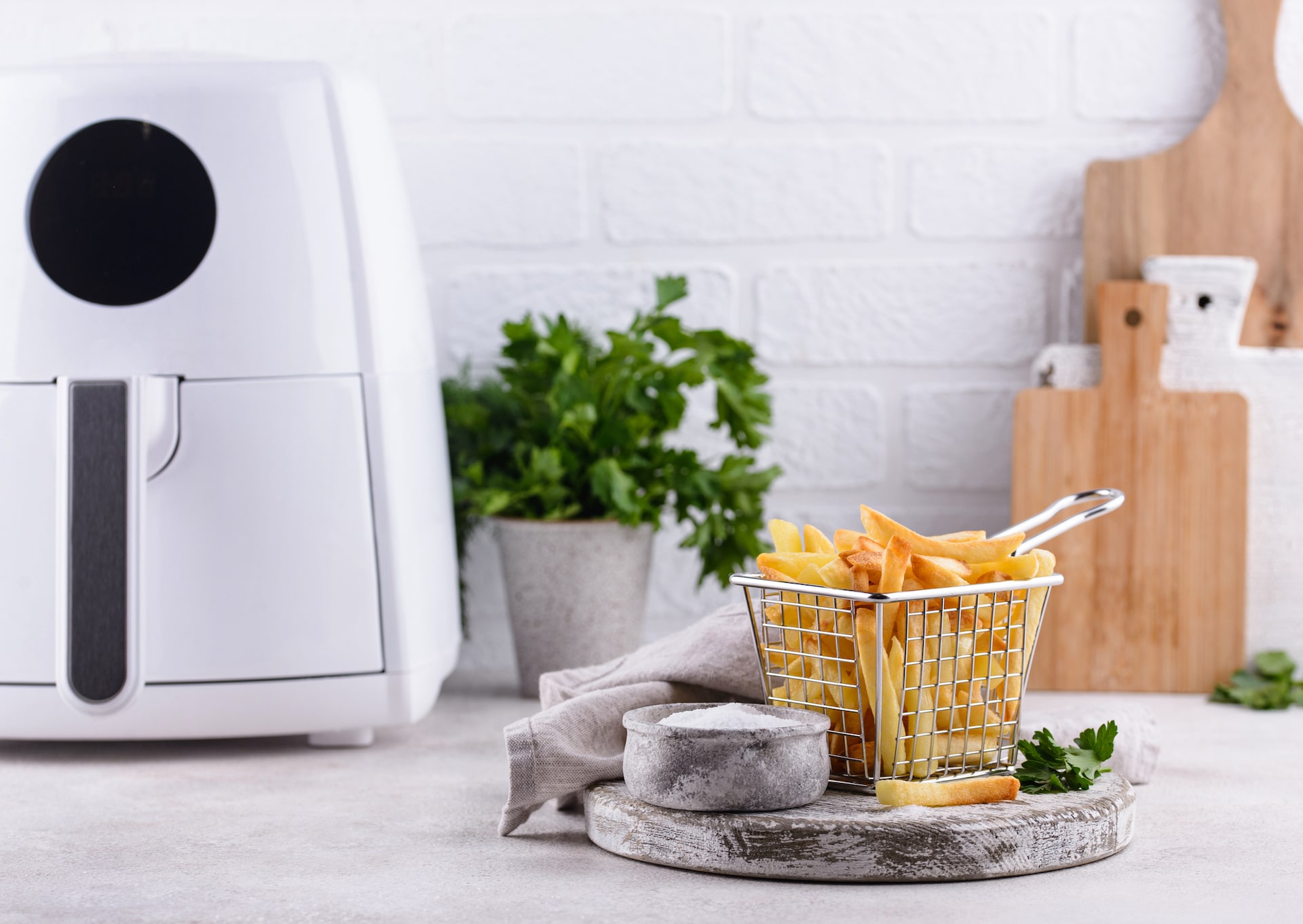This article may contain affiliate links. We may receive a commission for purchases made through these links. Privacy Policy.
There’s a lot of chatter about essential oils and how they’re beneficial. Some people swear by them. Lots of manufacturers use them in their products. But what exactly are they? What exactly do they do?
Still not on the essential oil bandwagon yet? That’s okay, you’re not the only one. If you’re ready to learn what essential oils can do and why you should be using them, keep reading.
Here’s our beginner’s guide to essential oils.
What Are Essential Oils?

Essential oils are the natural fragrances that come from flowers and plants. Depending on the scent, these oils are released from the leaves, roots, rinds, flowers, and the resins of certain plants.
Not only do essential oils smell fabulous, but many of them have properties that can be beneficial to both the mind and body.
Over 90 different types of essential oils exist in nature, but some are much more popular (and much more useful) than others. Some of the most-loved essential oils are:
The only way to get these essential oils is to extract them from the plants they live in. Once extracted, the oils are then packaged and distributed in liquid form or added to products for a variety of different uses and purposes.
How Do You Use Essential Oils?

The most standard way to use essential oils is through an aromatherapy diffuser. Aromatherapy is the process of sending signals and messages to your brain through scent.
Scents from essential oils can create a variety of different chemical reactions in the brain. These reactions can cause you to feel relaxed, ease certain types of pain and improve sleep. Essential oil aromatherapy can even ease the side effects of nausea and pain.
With aromatherapy, essential oils are inhaled through diffusers. These can be small, personal inhalers or large room diffusers that can fill an entire room with your desired scent.
To use essential oils in this way, be sure to follow the instructions that come with your diffuser. Most diffusers require you to add X amount of water and X drops of essential oils in order to dilute the oil to the point where it’s safe enough to inhale.
Essential oils can also be applied topically through skincare products such as lotions, creams, and moisturizers. But this method is only safe and effective when the essential oil is added to a carrier oil.
A carrier oil is an oil that gets mixed with a diluted essential oil to make it safe for use on the skin. Examples of carrier oils include jojoba oil, grapeseed oil, argan oil and coconut oil.
Without a carrier oil, essential oils are not safe for use directly on the skin. They can actually cause rashes and burns if not properly diluted and mixed with a carrier oil.
Essential oils should NEVER be ingested or eaten. Without the proper dilution or carrier oil mix, there can be serious side effects.
The Health Benefits of Essential Oils

Now that you know how to use essential oils let’s talk a little bit about why you might want to use them. Essential oils have all sorts of benefits. And if you use them in an aromatherapy diffuser, there’s an added bonus:
They can also make a room smell really nice!
There are four significant benefits that you can enjoy from using different essential oils:
1. Relieve stress and anxiety
Essential oils are often used to reduce anxiety, stress and encourage relaxation. It’s common to find this technique used in spas and massage settings where the ultimate goal is relaxation.
The oils that provide this benefit include chamomile, rose, bergamot, and lavender.
2. Get a better night’s sleep
Looking for ways to improve your sleep patterns? Placing an essential oil diffuser by your bedside can promote quality sleep and reduce insomnia. It can even make you feel more alert and energized when you wake up in the morning.
The oils commonly used for sleep are lavender, rose, jasmine, sandalwood, and citrus scents, such as lemon oil and bergamot, a type of orange oil.
Don’t want to fill your bedroom with a powerful scent? Essential oils are also effective in promoting better sleep when used in a warm bath before bedtime.
Related: Why Sleep Matters To Your Health [And How to Improve Your Sleep]
3. Ease headaches
If you suffer from frequent headaches or migraines, the use of essential oils may help to relieve your pain. In this case, most people apply essential oil mixtures topically, either to their foreheads or temples.
Chamomile, peppermint, lavender, rosemary and eucalyptus oil can all be used to relieve headaches. Eucalyptus can also be effective in a diffuser, as it clears blocked sinuses, which often cause headaches in the first place.
4. Reduce inflammation
Essential oils are also used to reduce inflammation and fight certain inflammatory conditions. To help with inflammation, essential oils can be used through aromatherapy diffuser or diluted and used in massage.
If you plan to apply any of these oils directly to the skin, make sure they are diluted first and combined with the proper carrier oil for safety.
The essential oils for inflammatory conditions include thyme, clove, eucalyptus, fennel and ginger.
Essential Oils Can Cause Side Effects
The use of essential oils can cause side effects. If not used properly, essential oils can cause rashes, burns, headaches, and allergic reactions.
If you have underlying health conditions or take medications or supplements, be careful with essential oils. If inhaled too frequently or used in higher doses than recommended, they can be harmful.
When using topically, always do a patch test before applying any essential oil to a large area of the body.
Select a small area of your forearm, apply the diluted oil (with a carrier oil) to the skin, and wait 24 hours to see if your skin has an adverse reaction. If you see blistering or redness or have swollen or itchy skin, do not use the oil again.
Are Essential Oils Safe?
If diluted and used properly, most essential oils are safe to use. But keep in mind, essential oils are strong. It takes approximately 60 roses to get one single drop of rose oil. So be cautious when using them, especially if you’re using them for the first time.
Can essential oils be effective in reducing stress, helping you sleep better, and reducing inflammation?
Yes.
But despite what the experts and diehard fans may say, everyone’s body is different. If you’re ready to try essential oils, do so sparingly. Using anything in excess, even if it’s a good thing, can do more harm than good.
You might also be interested in: 5 Ways Plants Help With Your Mental and Emotional Wellbeing
Jessica Heston
view postJessica Heston
After 15 years in the fashion industry, this Philadelphia native ditched her corporate career to focus on writing full time. Jessica is a TV junkie, whiskey lover and true crime addict. She finds inspiration from Broadway musicals, Hitchcock films and The Beatles. She is happily married without children, which she credits as the reason for her professional success, youthful attitude and solid eight hours of sleep every night.
view post








